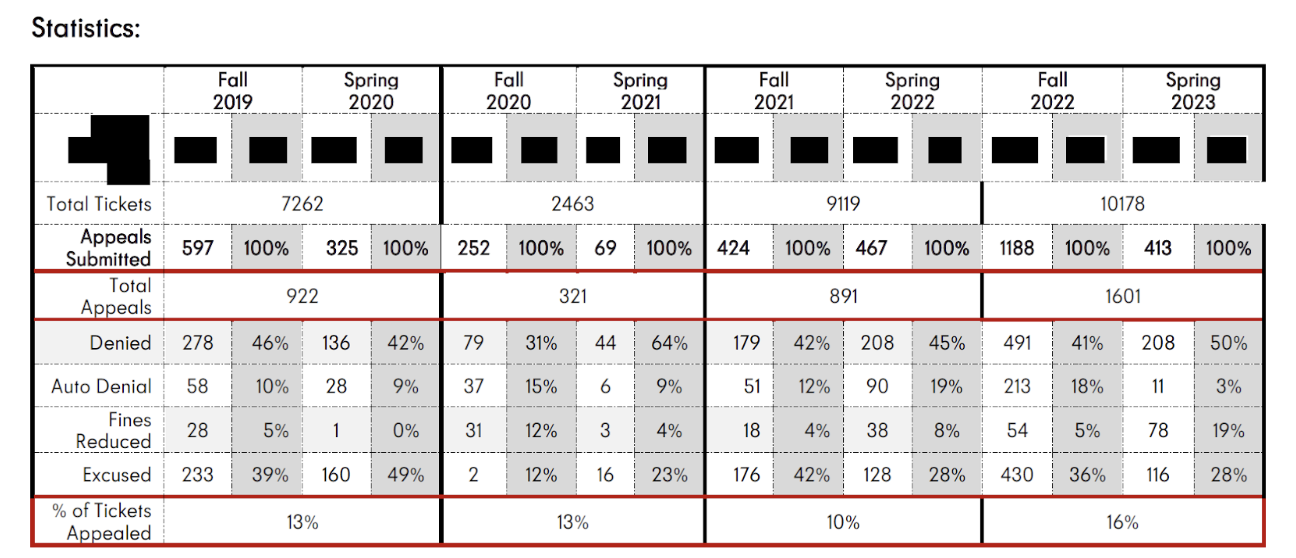By Gabrielle Smith
Arts & Entertainment Editor
On Monday, Oct. 15 in the Boehm auditorium, 20-year-old Liliana Velásquez told her brave story of how she fled her torturous life in Guatemala for the United States of America at the young age of 14.
She reeled her audience in by saying with a heavy Guatemalan accent, “I think it’s very important for immigrants to tell their story and share their story and I just want to say thank you so much. I hope my story encourages you to learn about the life of immigrants.”
Being one of nine children, she had grown up in a poor village with no water, electricity, road or health care system. Her father pulled her out of school at the age of nine, telling her that education was unimportant, something that saddened Liliana.

Life with her parents wasn’t easy. Her mother would beat her if the house wasn’t clean, even taking a pair of scissors and throwing it at Liliana’s head. “I still have the scar,” she said as she points to the back right side of her head, behind her ear, with her hand.
After experiencing beatings from both her mother and alcoholic father, as well as almost being raped twice by two different men, Liliana decided to attempt to take her own life but was saved just in time by her sister.
With her second chance at life, she made the choice to leave her village and her family after hearing that there were opportunities for a better life in America. With no knowledge of how to read a map and having nothing more to lose, she fled without telling her family to begin her 2,000-mile journey to the United States on foot.
After encountering multiple hardships on her journey, she eventually came across a few men in the desert, long-haired and tattooed; she was afraid at first, until they showed her kindness and asked if she was looking for a coyotaje (someone to help her cross the border) and offered her help.
For less of a chance of being detected by immigration, they traveled mostly at night but were caught after three days. She was arrested and sent to detention where she was held for four months. Afterwards, she was sent to a foster home in Philadelphia, where she was to stay until the day she would have to plead her case to a judge to receive her green card.
The first family she stayed with treated her unfairly, feeding her only rice and beans. While Liliana was babysitting the family’s young daughter one night, the girl expressed to Liliana that she was hungry. Liliana informed her they had nothing to eat, to which the girl responded that wasn’t true, revealing to her a hidden fridge full of food that Liliana was never intended to find out about.
Frightened of being sent back to her village, Liliana finally faced the judge to determine if she would be granted a green card. But after hearing her story, the judge agreed that going home would be too dangerous for her and approved her stay in America. The possibilities for Liliana suddenly opened; it had been the opportunity that she had been waiting for. She was now able to focus on improving her education and given a chance at a great future.
Sent to live with a family that she referred to as “the family of her dreams,” she was treated as if she was their own daughter. For the first time in her life, she had someone taking care of her, supporting her to finish school and even making her breakfast in the morning, something her own mother never did for her.
Liliana was overjoyed with tears once she received her high school diploma, for she was the first of her siblings to achieve a high school degree and able to go onto college. As she balances work and nursing school, she regularly sends money back to her mother, whose support she doesn’t have.
Despite all of Liliana’s current accomplishments and future goals, her mother and brothers try to convince her to give it all up and return to their village to get married like her sister who married at 14 and now is the mother of seven children. She constantly tells them, “I’m sorry but this is my life. I want a better life and education is very important.”
When asked questions, she listened intensely with her hands folded, eager to answer anything. One man asked her what we can do to help with the problems immigrants have, such as Liliana’s experience, when coming to America. She recommended protests, helping them find a lawyer to help fight for their stay and volunteer because immigrants have a lot of trauma and need emotional support.
Liliana Velásquez realized that America was a place that would provide her with a better life and opportunities then she was currently experiencing. Her long travel and the dangers she encountered was a risk she took to achieve the life she has today.
While she is not considered a citizen, just a visitor in America, she hopes that after she graduates the nursing program, that she could go back to her village and help improve their healthcare.
She wants to inspire other immigrants with her story and educate others about the difficulties that more than 247,000 young people her age have gone through to fight for a better life and opportunity. Along with visiting college campuses and sharing her story with students, she has written a book about her experience titled “Dreams and Nightmares.” To learn more about her story and to purchase Liliana’s book, go to http://www.dreamsandnightmares.org.





Leave a Reply